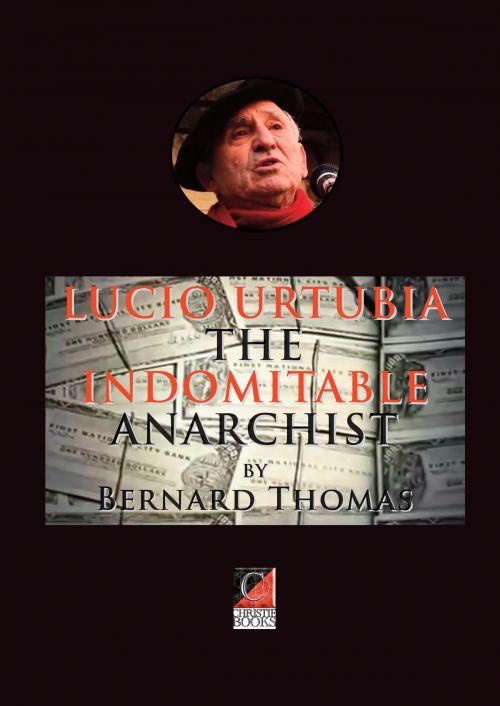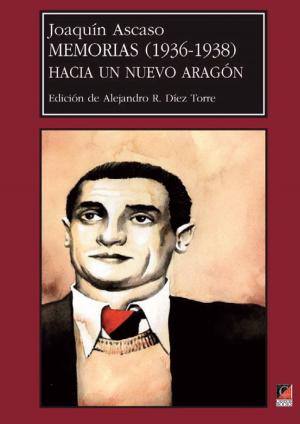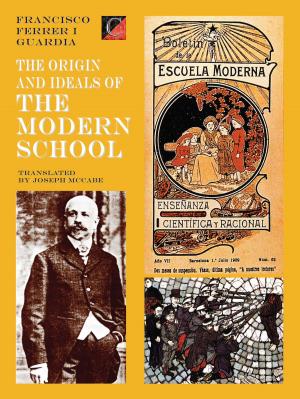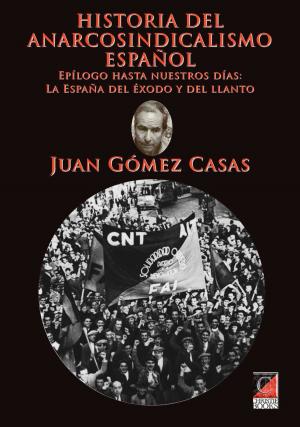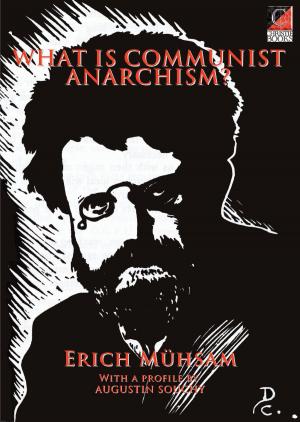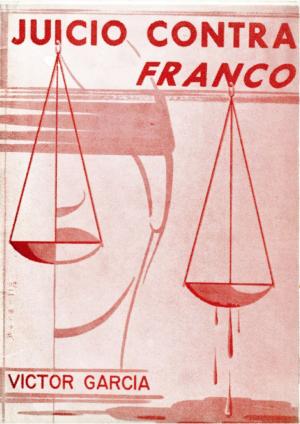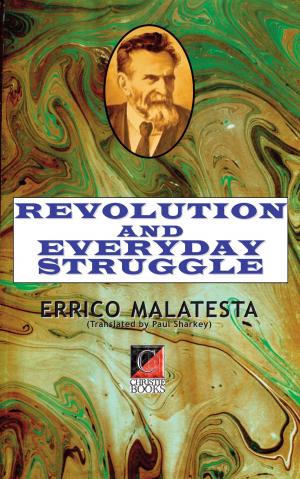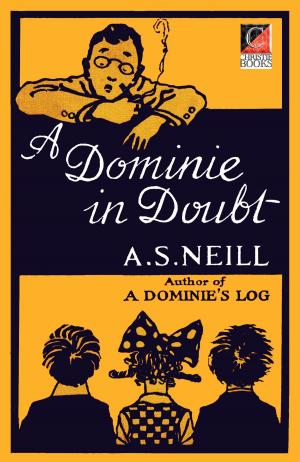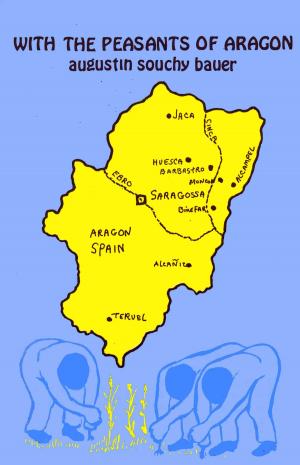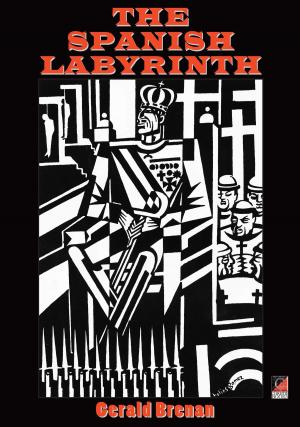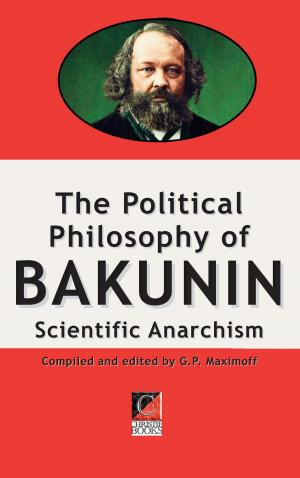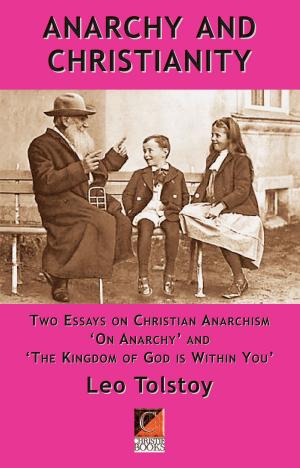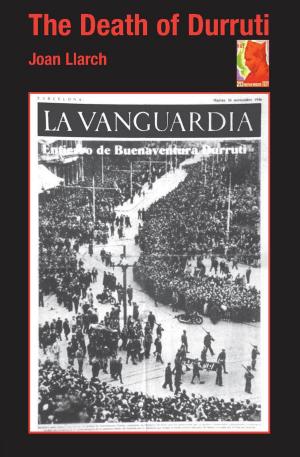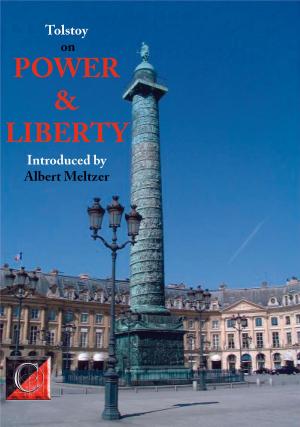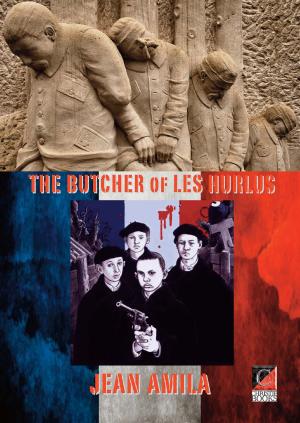LUCIO URTUBIA
THE INDOMITABLE ANARCHIST.
Nonfiction, History, Revolutionary, France, Biography & Memoir, Political| Author: | Bernard Thomas | ISBN: | 1230000844628 |
| Publisher: | ChristieBooks | Publication: | December 14, 2015 |
| Imprint: | ChristieBooks | Language: | English |
| Author: | Bernard Thomas |
| ISBN: | 1230000844628 |
| Publisher: | ChristieBooks |
| Publication: | December 14, 2015 |
| Imprint: | ChristieBooks |
| Language: | English |
The biography of Lucio Urtubia, a Paris-based Navarese anarchist who was a friend and protégé of the enigmatic Spanish urban guerrilla ‘El Quico’, and the friend of, among others. André Breton and Albert Camus. Lucio played his part in the network of anarchist action and illegalist groups (Laureano Cerrada, D.I., First of May Group, M.I.L., G.A.R.I., Action Directe) that resisted and challenged the Franco and other oppressive regimes from the late 1950s through to the ‘70s and beyond. He is probably best known — because of his arrest in 1977 — for his ‘Robin Hood’ role in the falsification and international distribution of tens of thousands of Citibank $100 cheques— the money raised being used to support the libertarian guerrilla movements in Latin America (Tupamaros and Montoneros) and in Europe (G.A.R.I.). The action so damaged the bank its stock price plummetted. However, in spite of the scale and audacity of the forgery operation, Urtubia received only a six-month jail sentence as a result of an extrajudicial agreement with Citibank, which dropped the charges in exchange for Lucio’s printing plates. A unique story of ordinary politically conscious people — bricklayers, house-painters, electricians, etc. — challenging injustice in the turbulent nineteen sixties- and –seventies.
"Lucio is many things to different people, of which I can give three good examples.
"The first is the opinion of the noted Spanish theatre director, Albert Boadella, the founder of the Els Jonglars theatrical group whose escape from still-Francoist Spain in the late 1970s was organised by Lucio. Boadella famously described him as 'A Quijote who tilted, not at windmills, but at real giants..
"The second is that of the notorious French (now ex-) police commissioner Paul Barril who described Lucio as a criminal mastermind pulling the strings of an international criminal organisation of anarchists, like some latter-day Montecristo — a Moriarty of global terrorism with access to infinite funds from the international anarchist war chest and dedicated to promoting and funding terrorism and agitation against the established order around the world.
"A third opinion is that of Louis Joinet, the examining magistrate in the last and biggest of the criminal cases against Lucio. Joinet scandalised commissioner Barril by praising Lucio, saying he represented everything the magistrate would have loved to have been – Joinot, incidentally is the first Advocate General with the French Court of Appeal – and has had Lucio round to dinner twice, first in Matignon, which is the French equivalent of 10 Downing Street, and more recently at the Elysee, the French equivalent of Buckingham palace.
"None of these opinions accurately capture the man, certainly not commissioner Barril's who was grossly exaggerating Lucio's role as the most dangerous criminal he has ever met, in order to enhance his own professional standing. As for Boadella's comparison of Lucio and Don Quijote, Quijote was a fruitcake and a loner who refused to recognise that the golden age of his dreams had passed. Lucio, however, is not crazy, nor is he a loner; he has always been able to tailor his actions to whatever the technological level of society required — and he was successful, for a time anyway
"Joinet's opinion of Lucio is probably closest to recognising the essence of Lucio inasmuch as in him he sees a man of generous spirit who values freedom and justice above all else, even above his own life." — Stuart Christie (introducing Lucio and the biopic 'Lucio' at the London Anarchist Bookfair, 2008)
The biography of Lucio Urtubia, a Paris-based Navarese anarchist who was a friend and protégé of the enigmatic Spanish urban guerrilla ‘El Quico’, and the friend of, among others. André Breton and Albert Camus. Lucio played his part in the network of anarchist action and illegalist groups (Laureano Cerrada, D.I., First of May Group, M.I.L., G.A.R.I., Action Directe) that resisted and challenged the Franco and other oppressive regimes from the late 1950s through to the ‘70s and beyond. He is probably best known — because of his arrest in 1977 — for his ‘Robin Hood’ role in the falsification and international distribution of tens of thousands of Citibank $100 cheques— the money raised being used to support the libertarian guerrilla movements in Latin America (Tupamaros and Montoneros) and in Europe (G.A.R.I.). The action so damaged the bank its stock price plummetted. However, in spite of the scale and audacity of the forgery operation, Urtubia received only a six-month jail sentence as a result of an extrajudicial agreement with Citibank, which dropped the charges in exchange for Lucio’s printing plates. A unique story of ordinary politically conscious people — bricklayers, house-painters, electricians, etc. — challenging injustice in the turbulent nineteen sixties- and –seventies.
"Lucio is many things to different people, of which I can give three good examples.
"The first is the opinion of the noted Spanish theatre director, Albert Boadella, the founder of the Els Jonglars theatrical group whose escape from still-Francoist Spain in the late 1970s was organised by Lucio. Boadella famously described him as 'A Quijote who tilted, not at windmills, but at real giants..
"The second is that of the notorious French (now ex-) police commissioner Paul Barril who described Lucio as a criminal mastermind pulling the strings of an international criminal organisation of anarchists, like some latter-day Montecristo — a Moriarty of global terrorism with access to infinite funds from the international anarchist war chest and dedicated to promoting and funding terrorism and agitation against the established order around the world.
"A third opinion is that of Louis Joinet, the examining magistrate in the last and biggest of the criminal cases against Lucio. Joinet scandalised commissioner Barril by praising Lucio, saying he represented everything the magistrate would have loved to have been – Joinot, incidentally is the first Advocate General with the French Court of Appeal – and has had Lucio round to dinner twice, first in Matignon, which is the French equivalent of 10 Downing Street, and more recently at the Elysee, the French equivalent of Buckingham palace.
"None of these opinions accurately capture the man, certainly not commissioner Barril's who was grossly exaggerating Lucio's role as the most dangerous criminal he has ever met, in order to enhance his own professional standing. As for Boadella's comparison of Lucio and Don Quijote, Quijote was a fruitcake and a loner who refused to recognise that the golden age of his dreams had passed. Lucio, however, is not crazy, nor is he a loner; he has always been able to tailor his actions to whatever the technological level of society required — and he was successful, for a time anyway
"Joinet's opinion of Lucio is probably closest to recognising the essence of Lucio inasmuch as in him he sees a man of generous spirit who values freedom and justice above all else, even above his own life." — Stuart Christie (introducing Lucio and the biopic 'Lucio' at the London Anarchist Bookfair, 2008)
